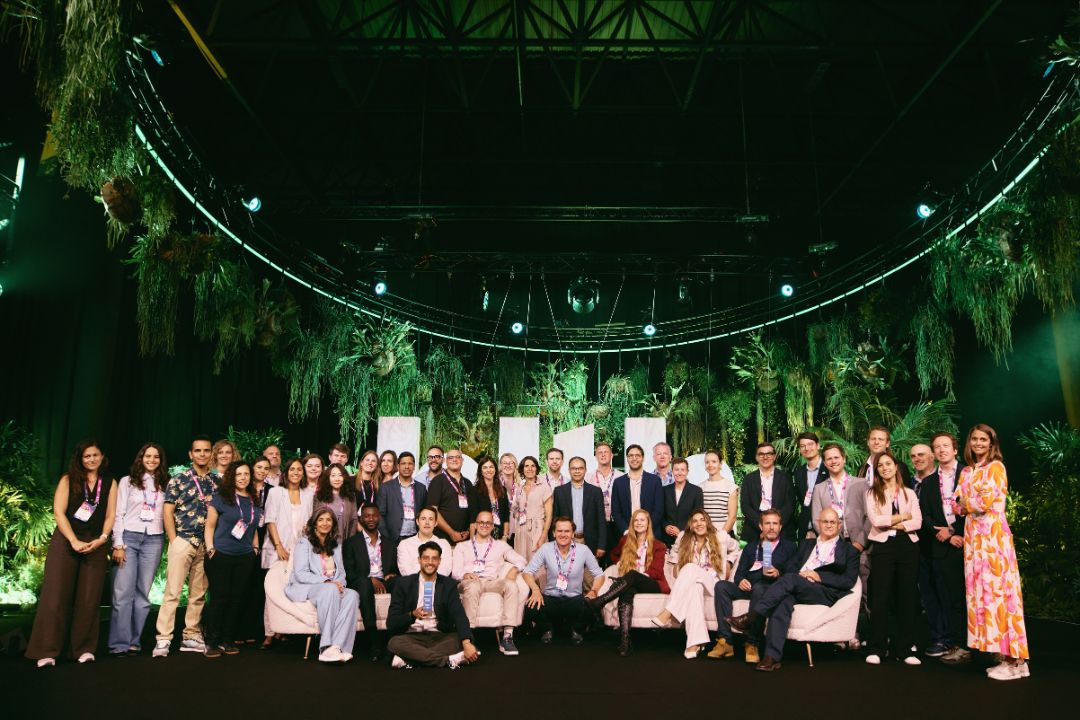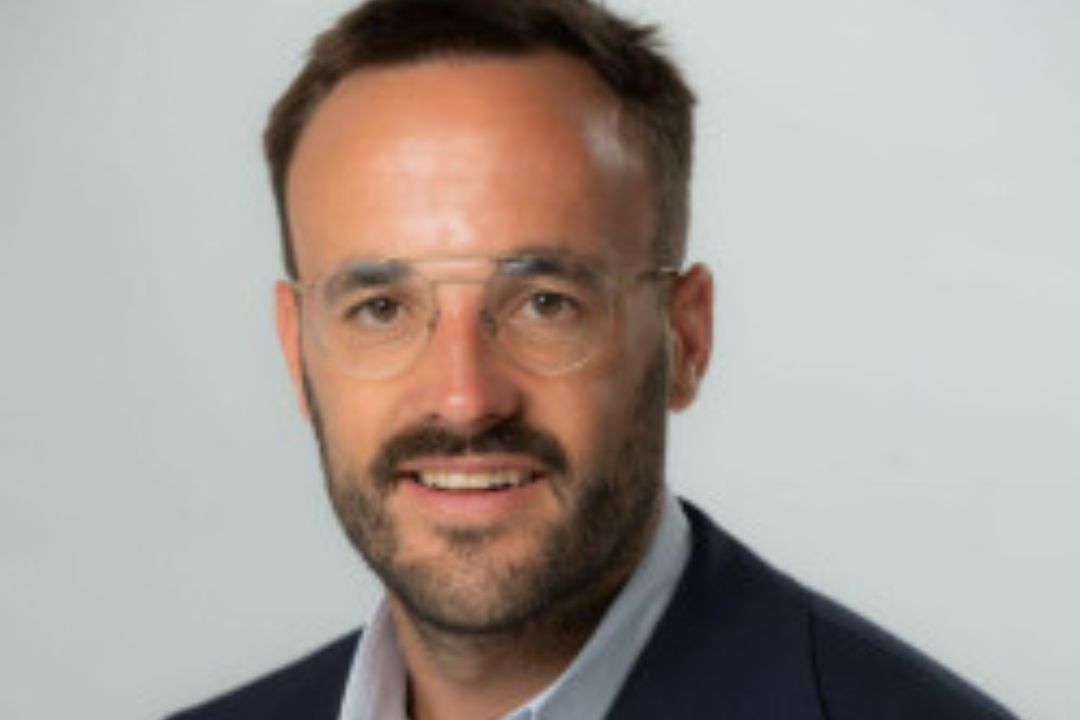4th December 2020
It is 2020. Pandemic shakes society and tears businesses apart. What a challenging time to create an innovative product, start production and gain investors interest. This is a story on how a 23-year old student from Poland saved 2020 and fulfilled his dream to become an entrepreneur – with the help of EIT Health and Smart-Up Lab programme.
2020 is almost over now, and many of us would like it to simply go away. Among all the pandemic-related struggle, there’s hope that we all can take away something positive out of this and continue our lives with some useful learning to make our lives a bit better.
One of the key takeaways from 2020 is trivial: washing and disinfecting hands is good for your health. And there is data to prove it. Analyses are still underway, but the preliminary findings collected by health authorities suggest that e.g. during the first half of 2020 in Poland, the amount of cases of “dirty hands” diseases, such as hepatitis A, tapeworm infection, bacterial stomatitis, has been dropping, year by year, by more than 30%. This is, most likely, due to people washing and disinfecting their hands more often to keep safe during the coronavirus pandemic.
New sanitary habits require new solutions
While it is impossible to predict how the world after the pandemic will look and work like, it’s quite safe to assume that some things, such as frequent hand disinfection, are here to stay – new habits have formed and it is tough to imagine that complimentary disinfection liquids will disappear from public spaces.
That’s where considerations such as resource optimization come in. When rolling out any solution at scale, even the smallest details matter – in this case, each drop of the disinfecting agent is of huge importance.

Michał Symulewicz, a medical student at the Medical University of Lodz, Poland, has predicted a solution to address the need to disinfect hands on a mass scale while keeping resources in check. Backed by EIT Health’s Smart-Up Lab, a solution-driven e-lab programme led by academic partners in Lodz, Naples and Tartu, he created Symedo, a device for contactless hand disinfection, which uses about a half of disinfection liquid compared to traditional solutions, while maintaining higher effectiveness and keeping users safe. Symedo device resembles a classic hand dryer. Equipped with a powerful motor, it can disinfect hands within seconds, covering almost 100% of hands surface with special liquid. In the tests phases, it occurred that this way of touchless.
protection could stop viruses spreading more effectively than any other method. Three prototypes were made which were used to conduct research with the participation of health service employees and they were used to control the quality of the disinfection under a UV lamp. They showed an increase in quality by 13%, almost threefold reduction in time and a 30% reduction in quantity fluid consumed in comparison to standard disinfection methods. Symedo has also carried out microbiological tests on the action of governing that has shown it is 100% effective.
Michał Symulewicz has successfully, and quickly, progressed beyond the prototype stage and is now rolling out to commercial markets. Symulewicz explains how the idea for the product was born: “I was curious how disinfectants really work and if they can stop the virus spreading. It occurred that those disinfectants available in hospitals, medical clinics, not to mention shops, are not 100% effective. The idea was born out of this curiosity. I found out that there was a need of cost-savings in hospitals and a need for proper hand disinfection procedures. I started to look closely into these problems”. Symulewicz built a medical device that is helpful in these trying times of the pandemic, he succeeded in EIT Health Smart-Up Lab programme, secured a grant and funding, built prototypes and started the production of his Symedo device.
Symedo creator was supported not only by EIT Health, but also by the Center for Innovation and Technology Transfer of the Medical University of Lodz and EIT Health.
“We help brilliant ideas of students (and not only) hit the market. We look after each idea from scratch: we start with training on how to set up a start-up and register a patent. At the end of our work, we look for business partners who can help introduce these new solutions to the market. This was the journey of Michał Symulewicz too,” says Agnieszka Rzeznik, the Center for Innovation and Technology Transfer of the Medical University of Lodz, EIT Health Partner.
Europe's top health start-ups take centre stage: EIT Health Catapult winners are revealed at HLTH Europe

2025 Catapult programme winners announced.
Finding Europe’s next healthtech leaders: Insights from Antoine D’Hollander

Insights from Antoine D’Hollander, Capricorn Partners.
EIT Health supports 17 promising deep tech start-ups bridge the ‘Valley of Death’

Providing start-ups with the right support.